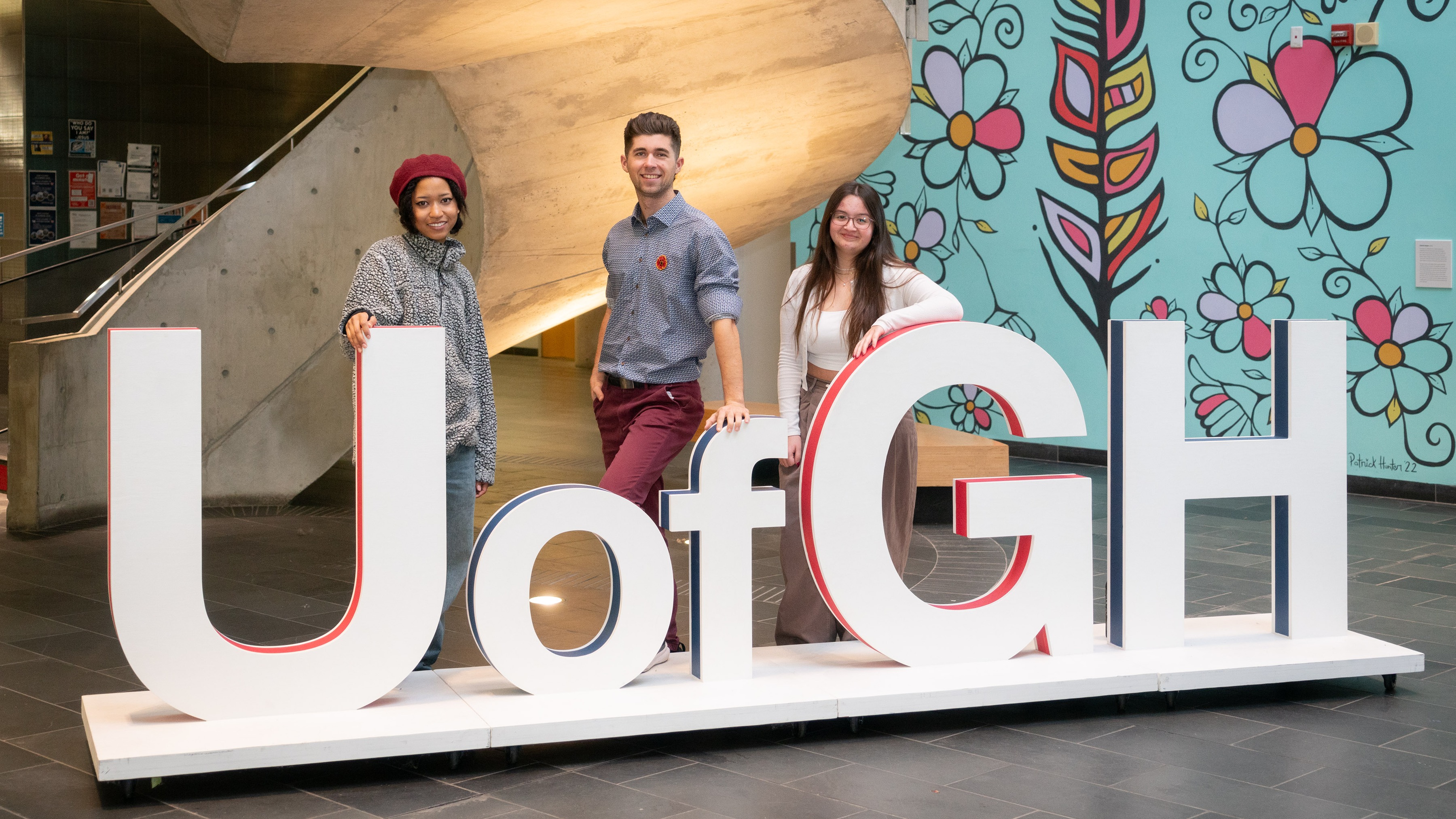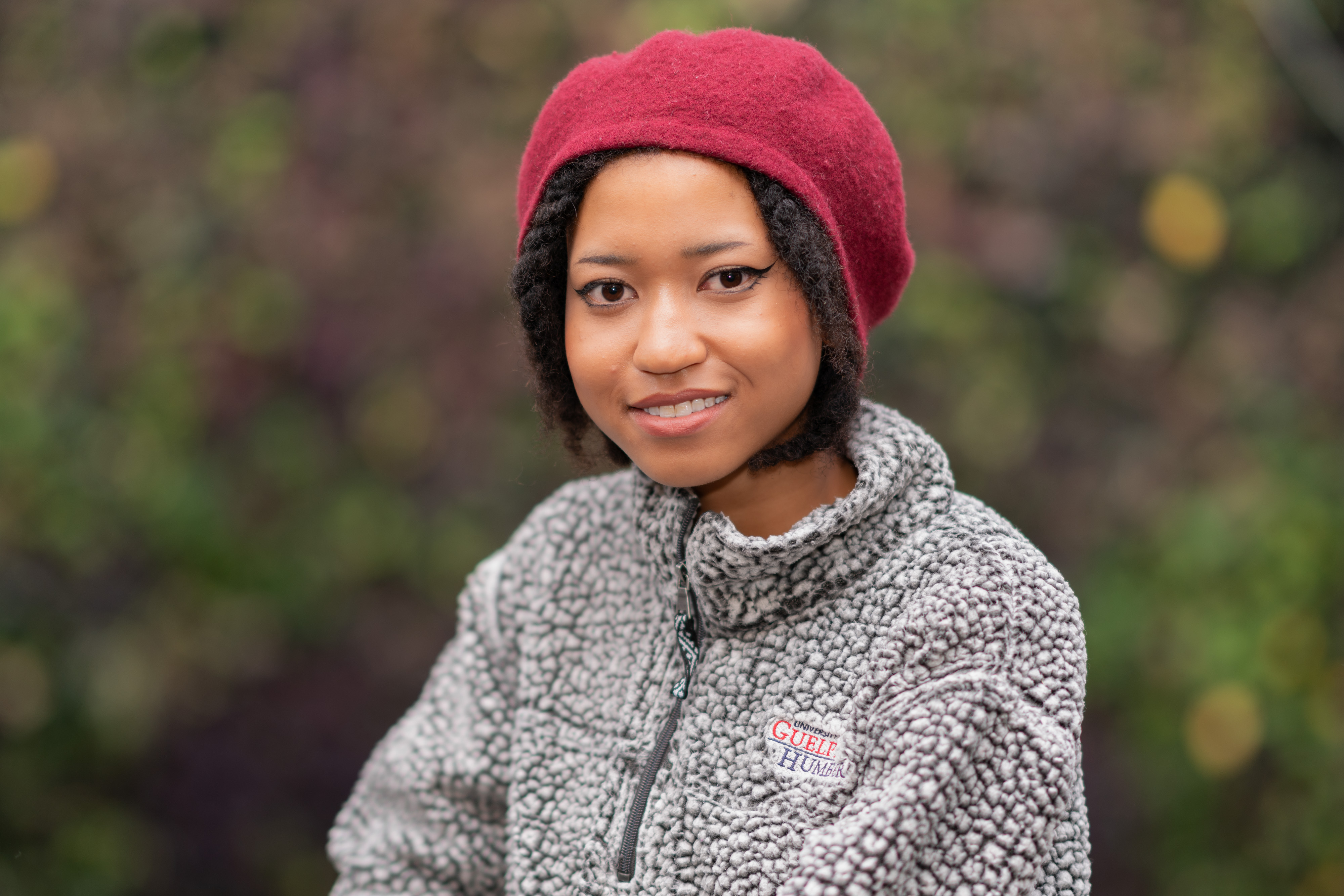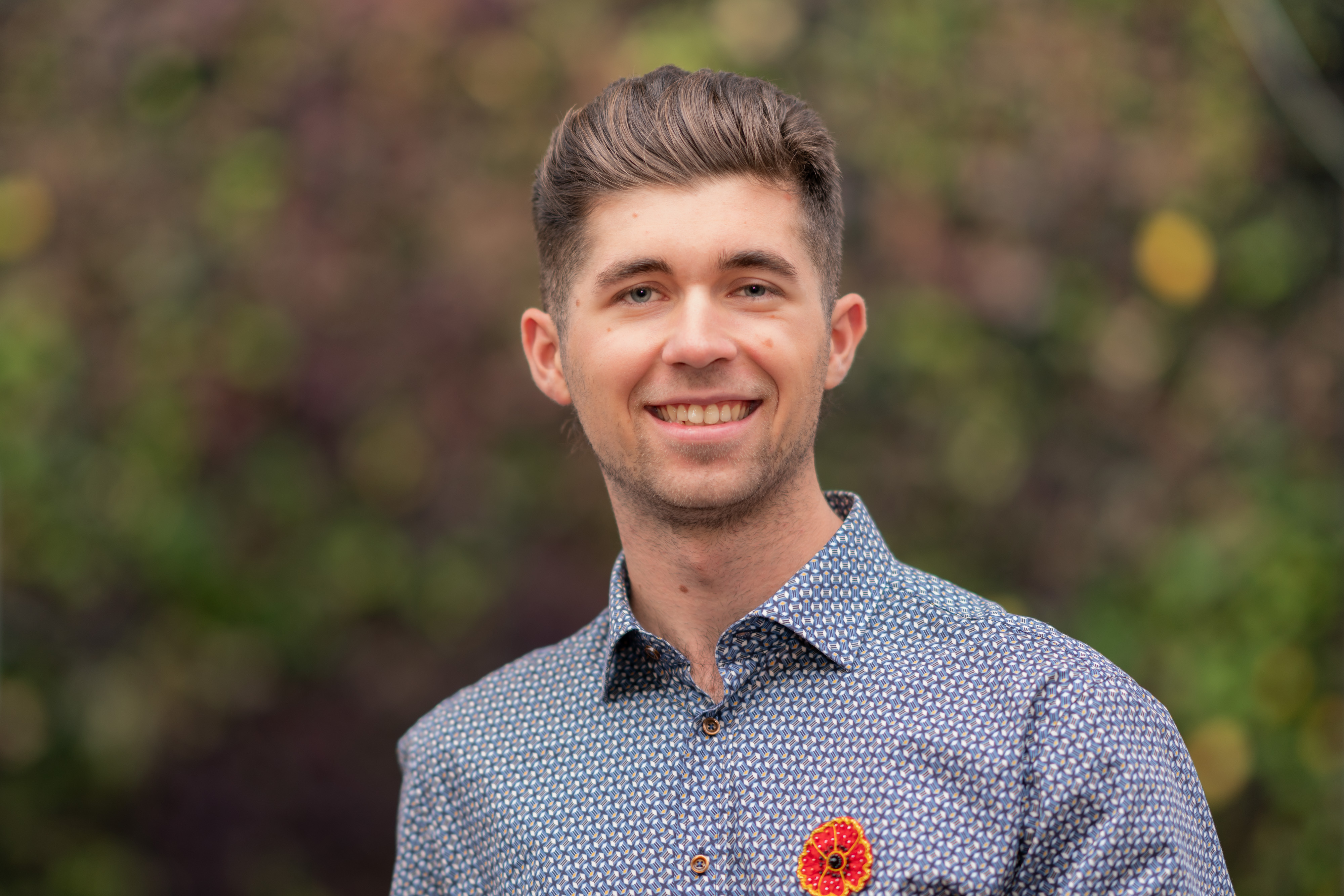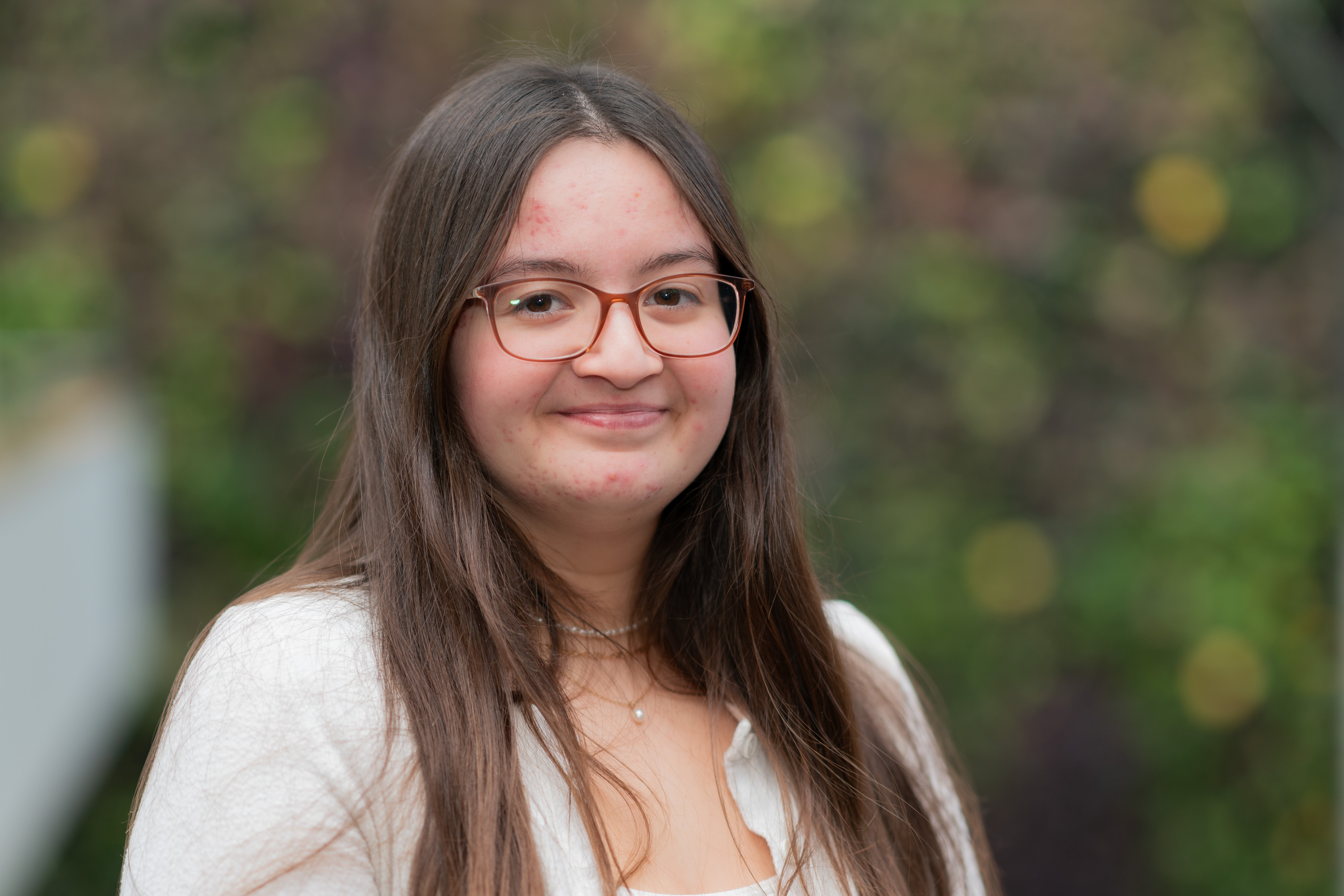Students formed a fictional government ministry with others from around the world to examine the U.S. election result’s global impacts

Imagine this: you work for the government of a new country called Atlantis and are trying to understand how the results of the historic 2024 U.S. presidential election will impact your nation and its policies. Students at the University of Guelph-Humber (U of GH) gave this thought from Nov. 4-7 when they acted as representatives of this fictional country in a competition called Project Atlantis. They worked with students from three other universities from around the world to understand those effects – entirely virtually.
The goal of this Collaborative Online International Learning (COIL) competition was to mine the thoughts, ideas, and reactions to the U.S. election results of real-life sources in students’ respective home countries to create five policy recommendations, ensuring Atlantis remains prosperous, safe, and democratic. The teams were judged through daily assignments to achieve this.
“It can be easy to fall into an echo chamber. If you’re on social media, whether you're on the left or the right, a lot of your timeline is going to be comprised of the people with similar values to you,” fourth-year Media and Communication Studies (MCS) student Gage Everitt said, who was part of a Ministry of Finance and Trade group. “It’s been a nice break to take myself out of that and really analyze both points equally.”
Students from Avans University of Applied Sciences in the Netherlands, Dania Academy in Denmark, and St. John’s University in the U.S. were also involved.
The winning team, called “Ice Cold” (paying homage to Canada and the Netherlands’ chilly winters), included fourth-year U of GH MCS student Tori Wanzama, whose team formed a Ministry of Finance and Trade.

“It felt good to win the project,” Wanzama said, who added she learned just how interconnected the world is through politics and policy. “It was cool and rewarding.”
The COIL also featured guest lecturers, including the host of CBC’s World Report and U of GH MCS instructor John Northcott and member of European Union (EU) Parliament Brigitte van den Berg.
This enriched third-year Business student Michael Tahir’s experience, who joined the COIL due to his interests in unravelling the economic ripple effects of the election’s outcome.

“I found it interesting to ask probing questions to some of the guest speakers from around the globe,” Tahir said, whose team constituted another Ministry of Finance and Trade. “We were able to ask various questions about NATO and the differences in the EU versus Canada. For me in particular, I was curious to know how the stock market would be affected throughout the course of the week.”
Other U of GH staff contributors were: Akil Annamunthodo (instructor, Innovation and Design Thinking), Dr. Farkhanda Shamim (Associate Head of Business, who spoke on international economics), Dr. Victoria Chen (Academic Technology Specialist, who coached students on using generative-AI tools for research), and Michael Samartzis (Media Technology Specialist, acting as Project Atlantis' technical producer).
Fourth-year MCS student Chantal Soutar, whose team formed a Ministry of Health and Welfare, was drawn to the COIL because of her fascination of global affairs. “I knew the election was happening in the U.S. and what the election meant, but I didn't really have a full understanding, especially what it would mean for Europe and other countries around the world. So that really put it into perspective just how important the election was for European countries, for Asian countries, for Canada,” she said.

For instance, students noticed that President-Elect Donald Trump’s protectionist policies put the economic interests of the U.S. ahead of other countries, including Atlantis’. An idea put forth by Tahir’s team included promoting strategic trade agreements for electric vehicle (EV) components with countries critical to the EV supply chain (like those that produce battery materials). Another idea was incentivizing domestic EV manufacturing through subsidies for domestic production and innovation, so the U.S. could reduce its reliance on imports without stifling global trade relations.
Tahir also said he enjoyed discussing politics and current events with people his own age, a sentiment Everitt shared.
“It’s been fun getting to know these people from different cultures and backgrounds, and it’s really made me think differently about politics and my views on politics,” Everitt said.
Project Atlantis gave students the opportunity to open their minds to different political viewpoints in an open and respectful manner.
“Thinking about the U.S. election from a more international lens rather than thinking about how this impacts just America…has been very eye-opening for me,” Everitt said.
Additionally, the COIL allowed students to gain a deeper insight of their teammates’ cultures – which also played a role in how the teams completed their daily assignments.
Everitt said his European teammates’ cultures tended to prioritize work-life balance. This often meant that when he was beginning his COIL workday, the European students were concluding theirs due to the six-hour time difference – and not signing back on until their next workday had started. This also taught U of GH students how to co-operate within a team under different circumstances.
Through developing a greater understanding of politics, different cultures, and global affairs, and sharpening skills in communication and teamwork, the U of GH students who engaged in the COIL all said they would do it again if given the opportunity – and recommended the experience to other students.
“I think it's a great chance to step out of your comfort zone and what you already know, to learn things that you might not otherwise have learned,” Everitt said. “If you have an opportunity to do a COIL project, I highly recommend it.”

